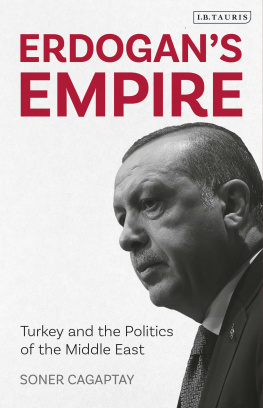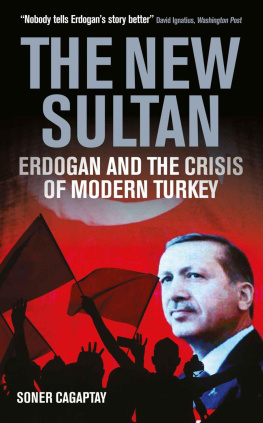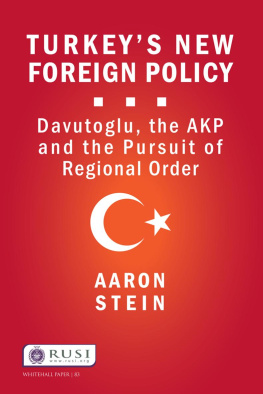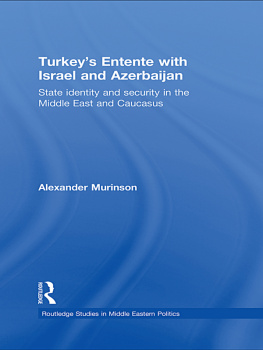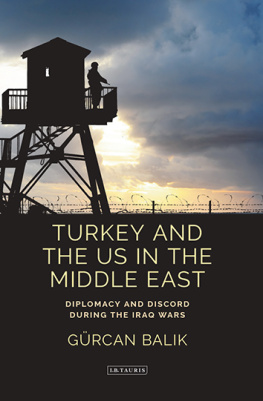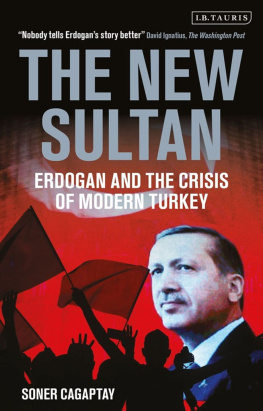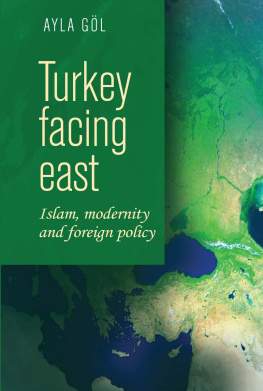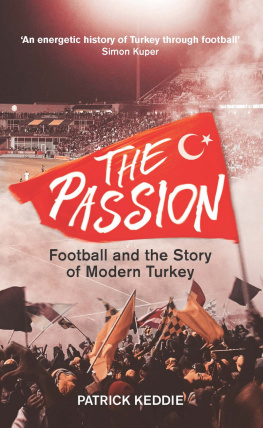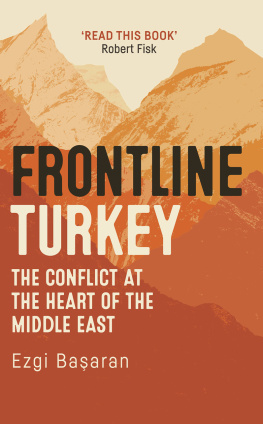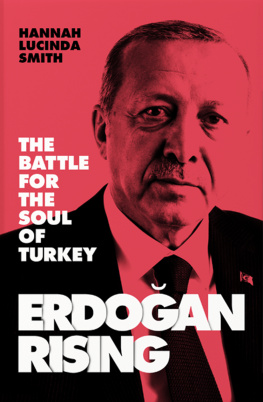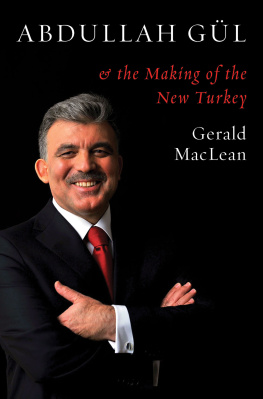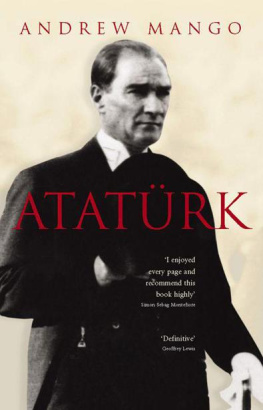ACKNOWLEDGEMENTS
I am grateful to my assistant, Egecan Alan Fay, for his exceptional work on this book. Egecan helped me at each stage of writing this monograph, from drafting chapters to compiling endnotes. He has worked tirelessly with me, with dedication and passion for scholarship, and for this, I am forever indebted to him.
Furthermore, thank you to my research assistants and research interns, including Oya Rose Aktas, Antonia Boemeke, Lauren Fredericks, Kieran Hatton, Yagiz Sullu, Maya Yalkin and Deniz Yuksel, who have helped me during various phases of this book, from drafting an outline to fact-checking to digging for sources in libraries. Deniz and Yagiz assisted me especially in the final stages of the book, diligently helping me tie loose ends. Without their collaboration and that of other members of my research team, this book would not have been completed. I am also indebted to my former research assistant, Tyler Evans, and research intern, Cagatay Ozdemir, who helped draft portions of the initial chapters of this book. Tyler and Cagatay have great insight into Turkish politics and I would like to thank them for their invaluable role; I was able to start and then move this monograph through the publication process in a timely and swift fashion.
My thanks also go to the Washington Institute for Near East Policy research interns and assistants, Emma Bapt, Avichai Ozur Bass, Arjan Ganji, Kayla Harrington, Evan Lisman, Fiona Renezeder, Basia Rosenbaum and Alessandra Testa, who fact-checked and copy-edited various chapters of this manuscript. Their contributions improved the manuscript.
I am grateful to the Washington Institute for Near East Policy, which is the best place to work for a historian-cum-policy-maker. Since 2002, the Institute has strongly supported my scholarship on Turkey, its history and foreign policy. At least some parts of this book draw on my earlier analysis at the Institute, and in this regard, I am thankful to its Director, Rob Satloff, and Research Director, Patrick Clawson, who believed in my work and stood by it. I am also grateful to my colleagues, including Ambassador Jim Jeffrey, who reviewed an initial outline of this monograph, as well as to Sarah Feuer, Ben Fishman and Simon Henderson, who provided feedback on a number of the chapters of this book. My colleagues, Kori Francis, Mary Horan and Deniz Yuksel, helped produce various charts and maps that were used during the research and preparation of this book, and I am grateful to them for their assistance.
This manuscript would not be complete without the insights of my friends and colleagues, James Barnett, Dimitar Bechev, Ambassador Jonathan Cohen, Sir Michael Leigh, Alan Makovsky, Rich Outzen, Soli Ozel, Ambassador Eric Rubin, Sabri Sayari, Jesper Mller Srensen, Aaron Stein, Sinan Ulgen, Ambassador Ross Wilson and Murat Yetkin, as well as to those who have asked to remain anonymous. They have reviewed different versions and chapters of this book, providing invaluable insight and corrections to me. Additionally, I am thankful to my editor at I.B. Tauris, Tomasz Hoskins, client manager Merv Honeywood, and copy-editor Roza I. M. El-Eini. Tomasz especially assisted me in conceiving this book, Merv shepherded the manuscript successfully during the production process for on-time completion, and Roza helped improve it during the editing process.
I would also like to thank Tony and Vanessa Beyer for their continuing dedication to my work and to the mission of the Turkish Research Program at the Washington Institute for Near East Policy. I am also indebted to Madeline and Michael Silverman for the support they have given me and the work of the Turkish Research Program.
Of course, all errors and omissions are mine.
I owe gratitude to my friends, Jen Moore and Yuri Kim, who have inspired me to write this book (and, of course, others). Finally, I would like to remember my parents, Mehmet and Sultan Cagaptay, who instilled in me a passion for books, scholarship and a dedication to make Turkey and the world a better place.

